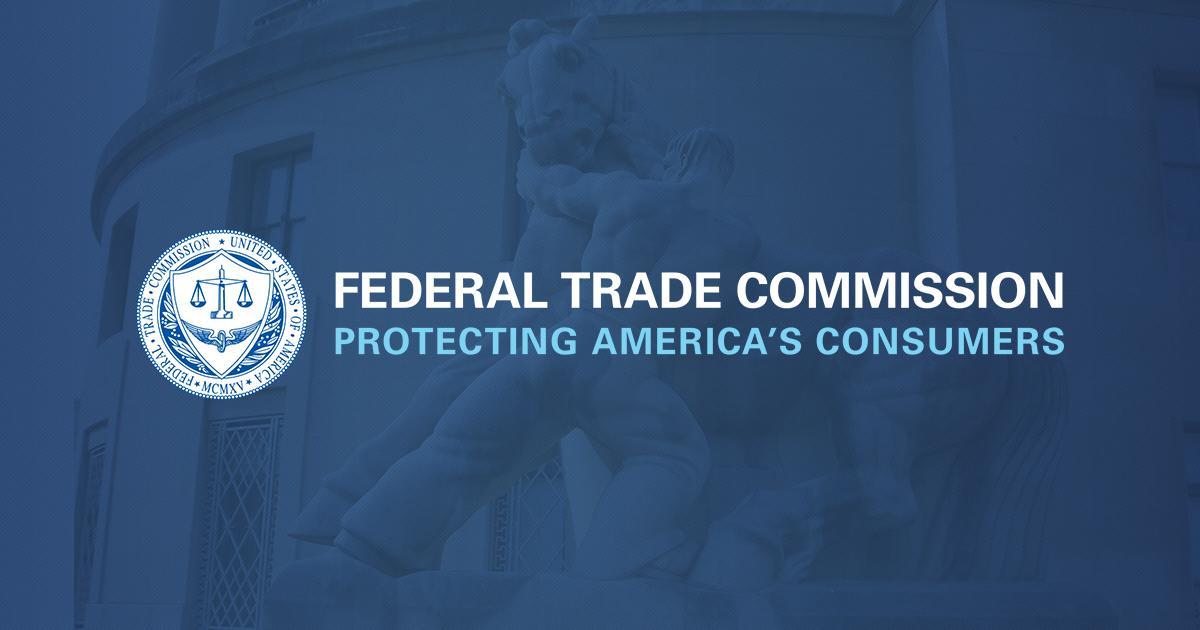The Federal Trade Commission today told a House Energy & Commerce Subcommittee that the U.S. SAFE WEB Act has enhanced the FTC’s ability to protect American consumers from cross-border fraud, and urged lawmakers to reauthorize the Act, which is due to expire in 2013.
Delivering Commission testimony before the Subcommittee on Commerce, Manufacturing, and Trade, Hugh Stevenson, Deputy Director for International Consumer Protection, said the agency has conducted more than 100 investigations with international components, such as foreign targets, evidence, or assets, and has filed more than 50 cases involving cross-border aspects since the Act’s passage. The FTC has used the Act’s provisions in many of these matters, and in related actions brought by other U.S. and foreign enforcement agencies. With these tools, the testimony states, the agency has stopped frauds costing American consumers hundreds of millions of dollars.
“To continue to protect American consumers in a global economy, the FTC believes it is critical that Congress reauthorize the law enforcement tools provided by the U.S. SAFE WEB Act,” the testimony states.
The Act, also known as the Undertaking Spam, Spyware, and Fraud Enforcement with Enforcers Beyond Borders Act of 2006, provided the FTC with cross-border enforcement tools in four key areas: information sharing, investigative assistance, cross-border jurisdictional authority and enforcement relationships, the testimony states. Congress included a seven-year sunset provision in SAFE WEB when it was enacted.
“The FTC has put these tools to good use in its international consumer protection work,” the testimony states. The Act is “key to strengthening a culture of mutual assistance that enables law enforcers to achieve greater results working together than they ever could alone.”
According to the testimony, under the SAFE WEB Act, the FTC also has provided evidence in response to 63 information-sharing requests to 17 foreign law enforcement agencies in nine countries in response to requests for information, as of mid-2012. It has issued 52 civil investigative demands – similar to subpoenas – on behalf of nine agencies in five countries, relying on the Act.
Statistics from Consumer Sentinel, the consumer complaint database maintained by the FTC, suggest the seriousness of the cross-border fraud problem, the testimony states. For example:
- Between 2006 and 2011, almost half a million U.S. consumers (471,014) complained about transactions involving over $1.4 billion paid to businesses in other countries.
- The number of U.S. consumer complaints against foreign businesses exceeded 100,000 in 2011 alone.
- Cross-border complaints have accounted for more than 10% of all Consumer Sentinel fraud complaints every year since 2000, with a high of 22% in 2006 and 13% for each of the last three years. These numbers likely understate the scope of the problem, as this complaint count includes only those instances where consumers report a foreign address.
- U.S. consumers complain about foreign businesses from an increasingly broad range of countries. In 2002 over 55% of such complaints were about Canadian businesses; in 2011 over 85% were about businesses in other foreign countries.
The testimony states that the Internet has facilitated scams that often reach across national boundaries, such as pyramid schemes, advance-fee loan scams, bogus foreign lotteries, and sweepstakes schemes. “The challenges for the FTC and other law enforcers have included the global reach and speed of the Internet; the ability of scammers to cloak themselves in anonymity, the ease of moving ill-gotten gains to offshore asset havens, and the roadblocks to information sharing and cooperation created by national laws and borders.”
As a result, the FTC strongly recommended that Congress adopt the SAFE WEB Act of 2006, and now supports the Act’s reauthorization.
The Commission vote authorizing the testimony was 5-0.
The Federal Trade Commission works for consumers to prevent fraudulent, deceptive, and unfair business practices and to provide information to help spot, stop, and avoid them. To file a complaint in English or Spanish, visit the FTC’s online Complaint Assistant or call 1-877-FTC-HELP (1-877-382-4357). The FTC enters complaints into Consumer Sentinel, a secure, online database available to more than 2,000 civil and criminal law enforcement agencies in the U.S. and abroad. The FTC’s website provides free information on a variety of consumer topics. Like the FTC on Facebook, follow us on Twitter, and subscribe to press releases for the latest FTC news and resources.

